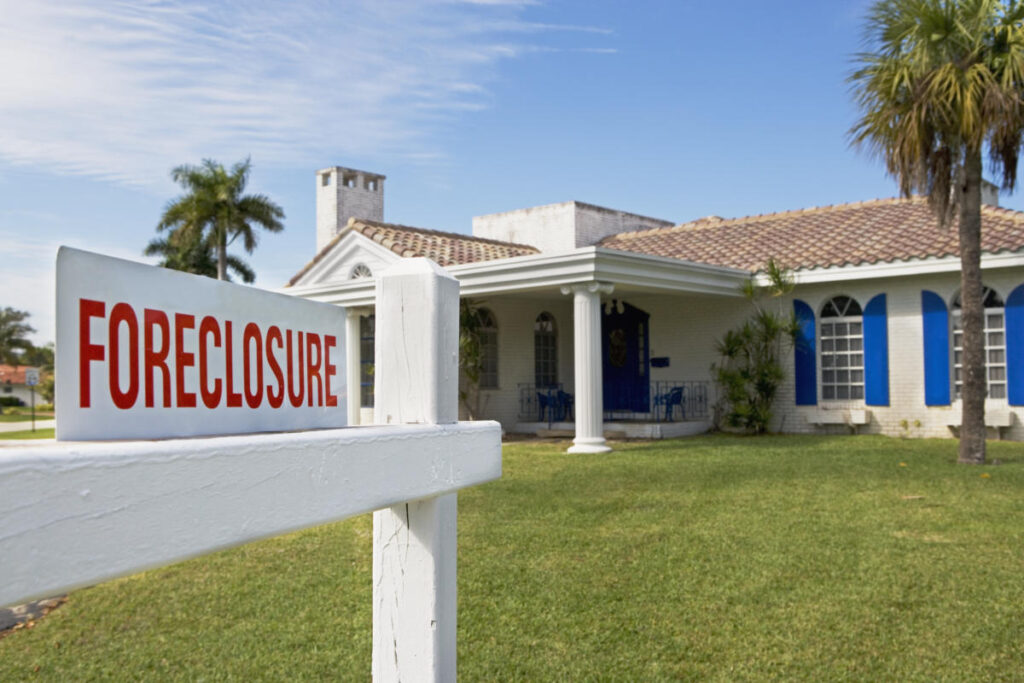Buying a foreclosed house can be an enticing opportunity for homebuyers, primarily due to the significant price discounts these properties may offer. Generally, foreclosures can be priced anywhere from 5% to 36% less than traditional homes, making them appealing options, especially in competitive housing markets. For example, a house originally valued at $300,000 may be available for as low as $192,000 during a foreclosure sale. In addition to the potential for lower prices, buyers might also encounter less competition for homes requiring repairs or updates. However, the process of purchasing a foreclosed property diverges from the traditional homebuying journey, necessitating an understanding of the unique steps involved to navigate it effectively. Knowledge of these differences and challenges can prepare buyers for the purchasing process.
Various resources exist to assist prospective buyers in locating foreclosed properties. Popular real estate websites like Zillow, Redfin, and Realtor.com allow users to filter searches specifically for foreclosures. In addition, lenders and government agencies maintain their listings for properties they have foreclosed on. For a more straightforward approach, specialized foreclosure listing platforms may offer targeted options. Engaging a local real estate agent can also help streamline the process, especially if they have a background in handling foreclosed properties. The ideal agent will understand the nuances of foreclosures and assist buyers in finding suitable options that align with their budget and desires.
The process of buying a foreclosed home can vary based on individual circumstances; however, several general steps are commonly followed. Initially, enlisting a real estate agent who specializes in foreclosures can be beneficial, as these professionals can help identify potential houses and assist with bidding and finalizing transactions. Securing financing early on is also crucial, as getting pre-approved for a mortgage allows buyers to make swift offers once they find a suitable property. If a buyer intends to purchase at an auction, they must prepare to pay in cash. Consequently, identifying and securing funding prior to finding a property can significantly streamline the buying process.
Once a buyer finds a foreclosed home, inspecting and appraising the property should follow. However, it is important to note that inspections and appraisals may not always be available, particularly for homes still owned by the bank. If possible, having the home evaluated prior to closing will help buyers identify any costly repairs or issues. The inspection can provide insights into whether the property is worth the investment, and it is advisable to discuss this step with the real estate agent involved. Following the inspection and appraisal, the next step involves either attending a local courthouse auction to bid on the home or working with a real estate agent to purchase directly from the bank or lender. Understanding the specific payment requirements for each method will also ensure proper financial preparation.
While purchasing a foreclosed home has numerous advantages, including lower prices and potentially faster closings, it is crucial to acknowledge the inherent risks involved. Often, these properties are sold as-is, possibly requiring extensive repairs and renovations before they become habitable. This can be especially daunting for buyers without prior renovation experience. Additionally, prospective buyers must consider that foreclosures may attract real estate investors seeking opportunities for “fix-and-flips,” which can lead to increased competition. Other issues can arise in properties previously occupied by renters, including the need to evict tenants or address squatters who may have moved in during the vacancy period. Additionally, the right of redemption allows former homeowners to reclaim their property for a designated time after the foreclosure sale, potentially complicating the purchasing process further.
In summary, while buying a foreclosed property presents notable benefits such as lower prices and fewer buyers in a competitive market, the process differs significantly from traditional home buying and entails specific challenges. The necessity of thorough research, obtaining an expert real estate agent, and understanding financing options are all critical components. Moreover, potential buyers should remain vigilant about the property’s condition, any outstanding legal issues, and the risks associated with post-sale property reoccupation by previous owners. Engaging with real estate professionals, including agents and attorneys, can help navigate these complexities. Ultimately, creating a well-informed strategy can significantly enhance the chances of success when purchasing a foreclosed home.

